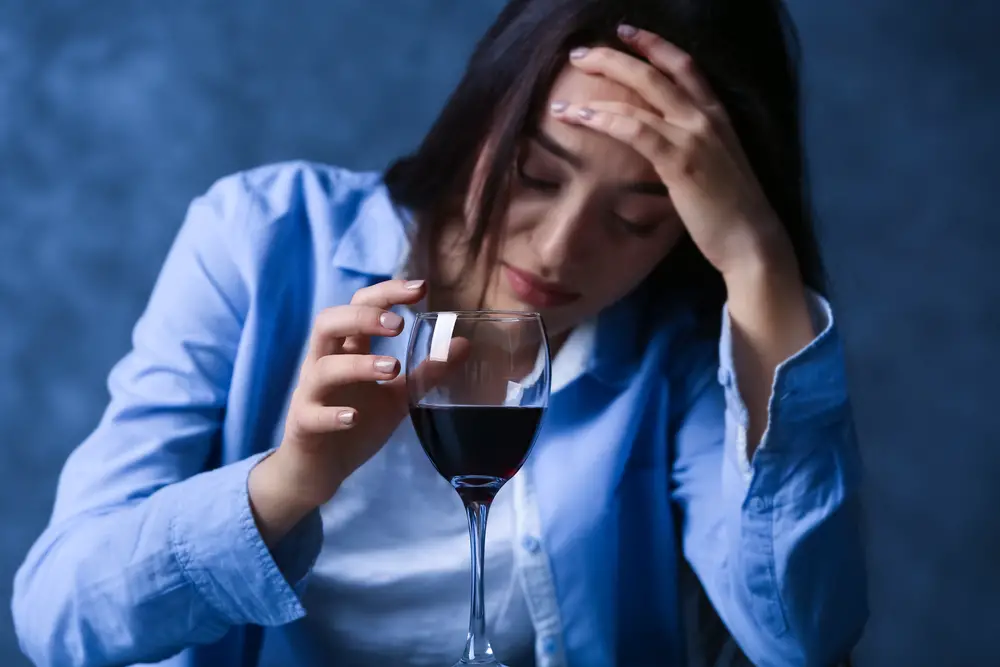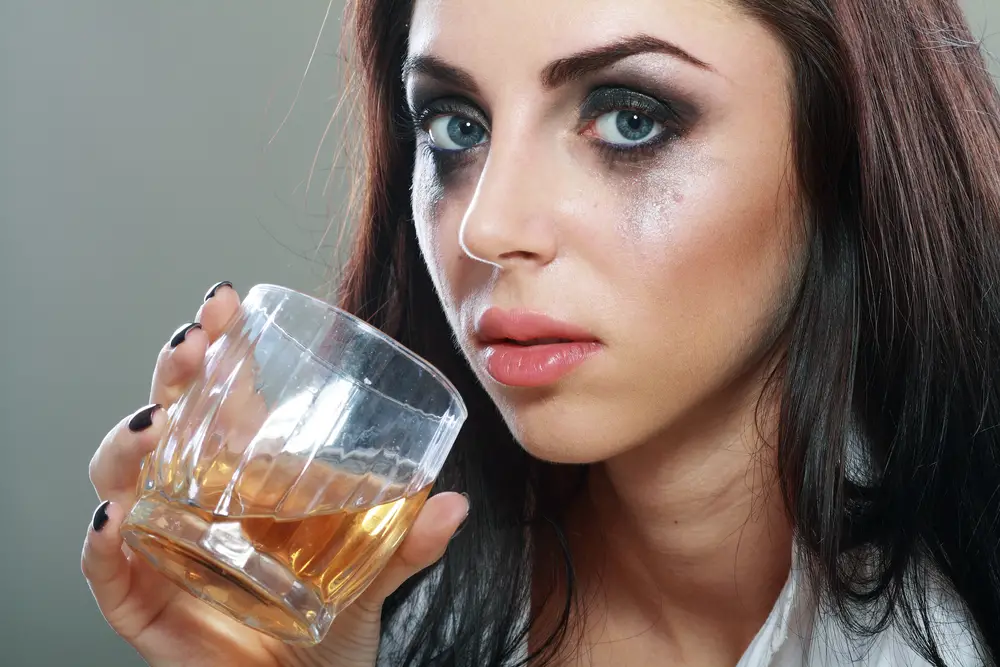Alcohol has an odd impact on our feelings and emotions, and many people have probably cried while intoxicated at least once. When under the effect of alcohol, it’s not unusual to see people who are typically quiet breaking down in tears or sharing their deepest emotions.
Different individuals can respond differently to alcohol. Drinking can make some people feel happier, more at ease, or more sociable. Others might discover that they are feeling more depressed, cranky, or furious.
Alcohol alters the communication channels in your brain, which can impact how you feel. Despite this fact, there is no way to make sure that you won’t feel depressed or angry while consuming alcohol. Taking certain steps to avoid becoming overly drunk can help you control your emotions.
Table of Contents
ToggleHow the consumption of alcohol affects your emotions
Alcohol consumption can have a detrimental effect on your mood, making stress, depression, anxiety, and even emotion get worse. The so-called “happy chemicals” in your brain, like dopamine and serotonin, are increased by the consumption of alcohol in the short term. However, similar brain chemicals might suffer long-term significance.
But why do we typically cry out more when we’re intoxicated? This blog will talk over a few of the reasons why people may get more emotional when they are drunk.
Lowered inhibitions
The frontal part of the brain, which is in charge of judgment, restraint, and mental control, is affected by alcohol consumption. Because drinking can lower our boundaries, we might feel more at ease expressing feelings or ideas that we might otherwise keep in. Additionally, we might become more vulnerable to other people’s emotional signals, which can make us cry.
Heightened emotions
Alcohol can also amplify our moods, making us more prone to depressive, lonely, or nostalgic thoughts. Positive feelings like joy and happiness can also be amplified by it; however, it’s the negative ones that usually make people cry.
Masking emotions
Alcohol is often used as a handling strategy by people to deal with distress and emotional pain. Alcohol may originally seem to offer a momentary escape, but it can also numb emotions, making them more difficult to manage. An emotional breakdown or outburst may occur when someone is intoxicated because feelings they have been repressing may then surface.
Impaired judgment
A person may have trouble controlling their feelings after drinking alcohol because it can affect their judgment. They might be more prone to react emotionally and make poor decisions.
Alcohol-induced depression
Alcohol is a depressive medication, and drinking too much of it can cause a depressed mindset that can make you cry. This is particularly true for people who are predisposed to anxiety or melancholy because alcohol can exacerbate these conditions and start a depressive episode.
Alcohol can momentarily uplift your spirits and make you feel better in smaller to moderate amounts. But the excess you drink, the more probable it is that your feelings will start to decline. Alcohol can sometimes make you feel inferior to what you already do. Different individuals react differently to alcohol. Certain
persons who drink alcohol in moderation certainly do not experience depressing symptoms or any further undesirable side effects. Others may experience depression or anxiety even after a single drink. You can effectively handle sadness after drinking if you are alert of the connection between alcohol and depression, or even better, you can elude increasing depression in the first place.
Is it good or bad when you cry if you are drunk?

Because alcohol is believed to reduce barriers, it may cause unplanned emotional breakdowns. Drinkers frequently find themselves weeping after having a few too many beverages. But is crying while intoxicated beneficial or bad?
Most importantly, it’s serious about realising that weeping is a usual reaction to emotional prompts and is not continuously an indication of brittleness or unpredictability. For numerous persons, crying can be a practice of healing that benefits them in resolving and disposing of painful feelings. Crying can therefore be a healthy method to deal with distress and emotional pain.
However, weeping while consuming alcohol may result in undesirable effects. In a social situation, it may be humiliating or awkward, to name one drawback. It can be unpleasant for those surrounding you and possibly harm your relationships if you’re sobbing uncontrollably or creating a scene.
Furthermore, the consumption of alcohol can deepen stress, triggering you to feel more depressed or miserable than you otherwise would. Additionally, crying a lot while intoxicated may indicate more serious mental problems that need to be addressed. It’s not a perfect idea to use booze as a deal strategy for emotional pain. It may hide fundamental issues and keep you from dealing with them more effectively.
Depending on the situation and your emotional state, weeping while intoxicated can be beneficial or detrimental. A few sobs after an exhausting day constitute a beneficial release, but excessive or frequent weeping while intoxicated may be a sign of more serious emotional problems. It’s crucial to pay attention to how you’re feeling and get support if you discover that drinking booze is your go-to coping mechanism.
How to avoid crying when you’re drunk
Before we share the few steps to control your anger, crying, and depression during drinking, keep in mind that it’s acceptable to feel tearful and that weeping is a normal reaction to some circumstances. However, if you want to avoid crying in front of others, following these instructions may help you restrain your feelings and prevent humiliation.
Take deep breaths: Once you jump to cry, breathe in deeply and allow it to let out gently. Till you feel more at ease, say this aloud several times. Your heart rate can be reduced in addition to the wildness of your feelings can be diminished with deep breathing.
Distract yourself: Find a method to divert your attention from whatever it is that is causing you to feel emotional. You can try this by speaking to somebody, pinning your ears back to music, or going for a stroll. You might be able to stop crying if you can divert your attention from the circumstance.
Find a private place: Try to locate a private location in which you can be by yourself for a short period if you discover that you are unable to manage your tears within a public environment. This might be a peaceful area or a restroom stall. You may be able to get better control if you take a minute to bring yourself together.
Conclusion
In the end, crying while intoxicated is a frequent occurrence that is caused by lowered inhibitions, intensified feelings, and concealing of emotions that take place when a person is drinking. It’s necessary to remember that consuming too much alcohol can have undesirable effects on our emotional well-being, so individuals who deal with feelings and drinking practices may find it essential to seek proficient assistance.

I am a passionate beer connoisseur with a deep appreciation for the art and science of brewing. With years of experience tasting and evaluating various beers, I love to share my opinions and insights with others and I am always eager to engage in lively discussions about my favorite beverage.
















